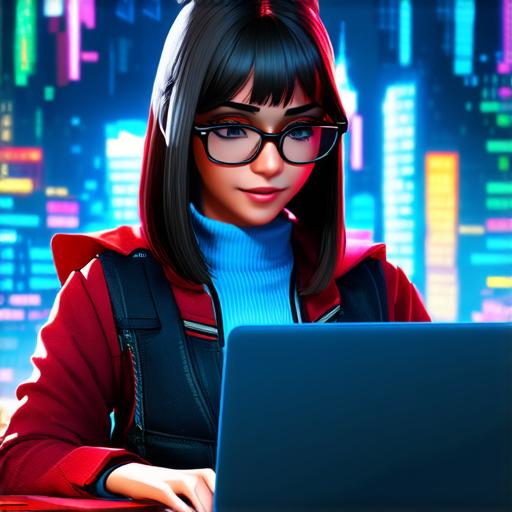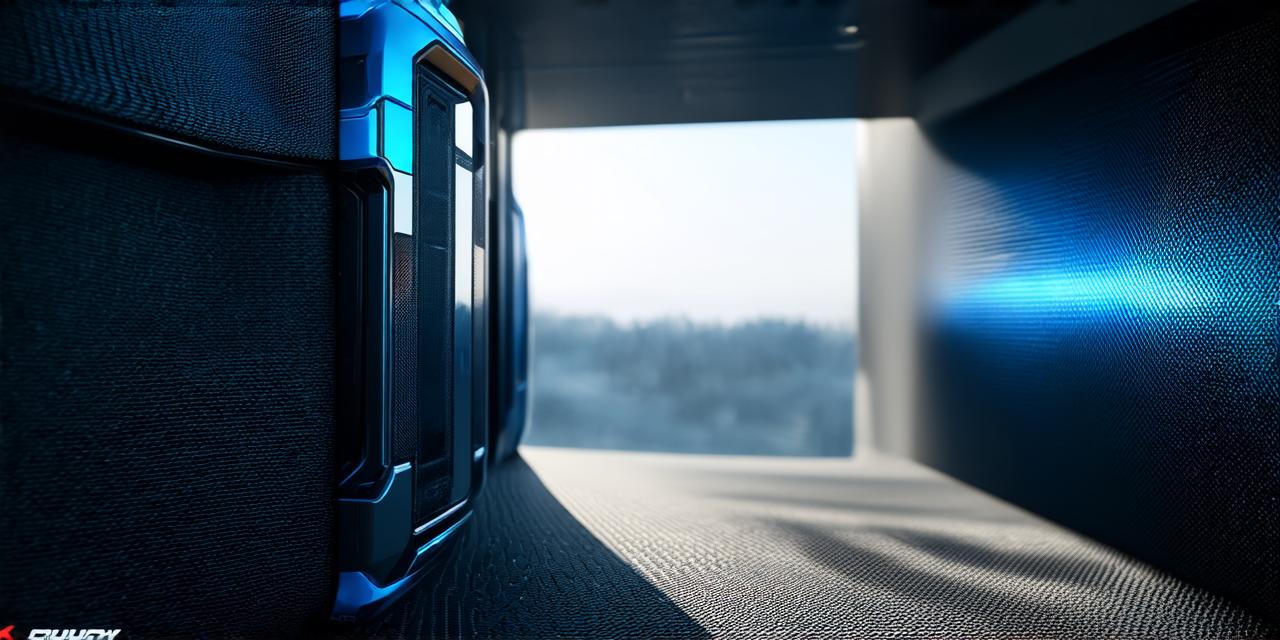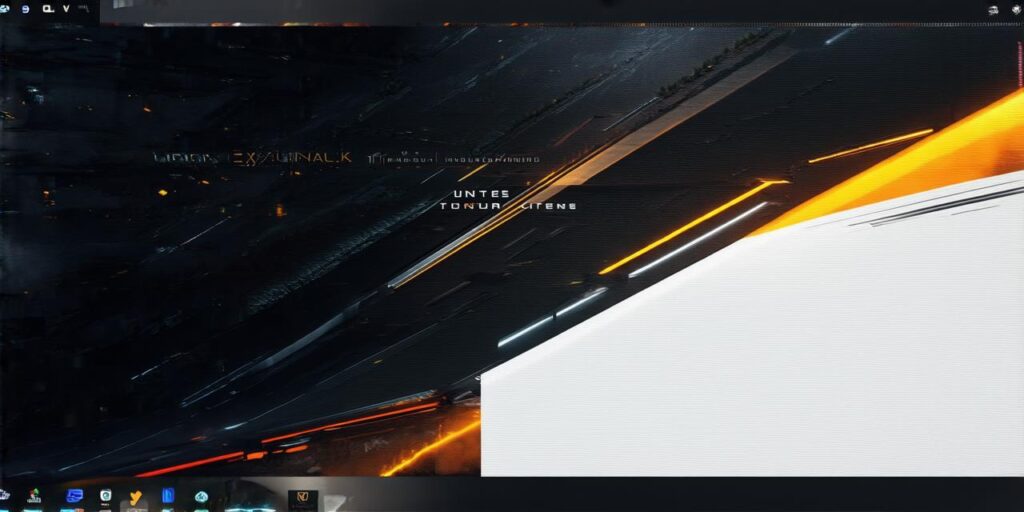Are you ready to take your game development skills to the next level? Look no further than Unreal Engine, the industry-leading game engine that allows developers to create stunning visuals and immersive gameplay experiences. In this beginner’s guide, we’ll explore how to use Unreal Engine to unleash your creativity and bring your game ideas to life.
1. Start with a simple idea
Before you start diving into the details of game development, it’s important to have a clear idea of what you want to create. Whether you’re looking to build a first-person shooter, a puzzle game, or a platformer, starting with a simple concept can help you stay focused and on track throughout the development process.
Once you have your idea, it’s time to start brainstorming and sketching out your vision. Unreal Engine includes a variety of tools to help you with this, including 3D modeling software, animation tools, and more. Start by creating basic models and animations for your game characters and environments, and then use these as a starting point to build more complex assets and systems.
2. Experiment with different styles and techniques
One of the great things about Unreal Engine is its flexibility. With countless customization options and a vast array of plugins and add-ons available, you can experiment with different styles and techniques to create truly unique gameplay experiences.
For example, if you’re looking to create a pixel art game, you can use Unreal Engine’s post-processing tools to achieve that classic retro look. Or if you want to incorporate augmented reality into your game, Unreal Engine has built-in support for AR development.
Don’t be afraid to think outside the box and push the boundaries of what’s possible with Unreal Engine. With creativity as your guide, there’s no limit to what you can achieve.
3. Learn from others
One of the best ways to unleash your creativity is by learning from others. There are countless tutorials, guides, and resources available online that can help you get started with Unreal Engine and game development in general.
But don’t just rely on written content – seek out opportunities to learn from other developers in person. Attend conferences and meetups, join online communities and forums, and reach out to mentors and peers for advice and guidance. By collaborating with others and learning from their experiences, you can gain valuable insights and perspectives that will help you grow as a developer.
4. Embrace failure and iteration

Finally, it’s important to remember that game development is a process of trial and error. You’ll encounter setbacks and challenges along the way, but with perseverance and a willingness to learn from your mistakes, you can overcome these obstacles and create something truly great.
As you work on your game, be sure to embrace failure as an opportunity for growth. Don’t be afraid to make changes and iterate on your ideas, even if it means scraping an entire level or redesigning a character from scratch. With every new iteration, you’ll be one step closer to creating the game of your dreams.
FAQs
Q: What is a game engine?
A: A game engine is a software platform that provides the tools and resources necessary to create video games. It includes everything from rendering 3D graphics and animations to managing physics and AI, making it an essential component of any game development project.
Q: Is Unreal Engine easy to use?
A: Yes, Unreal Engine has a user-friendly interface and includes a variety of tools and resources to help you get started with game development.
Q: Can I create any type of game with Unreal Engine?
A: Yes, Unreal Engine can be used to create a wide variety of game types, including first-person shooters, puzzle games, platformers, and more.
Q: What kind of skills do I need to use Unreal Engine?
A: To use Unreal Engine effectively, you’ll need skills in 3D modeling, animation, programming, and game design. It can also be helpful to have experience with other game engines or similar software platforms.



